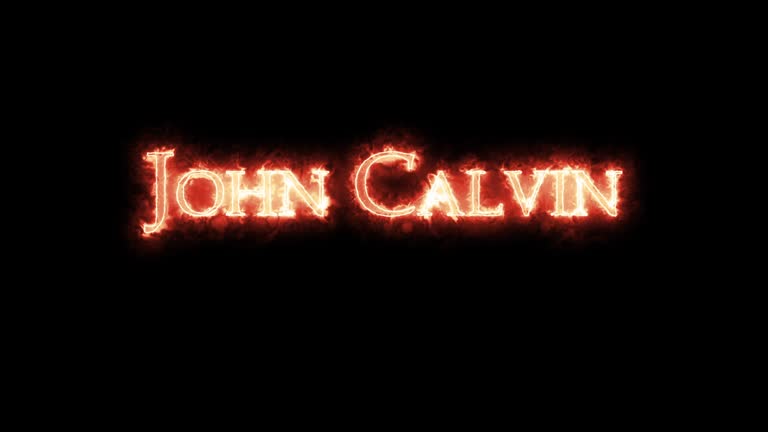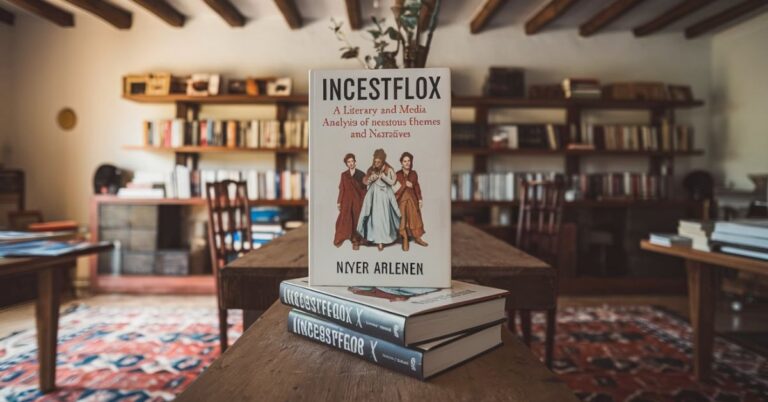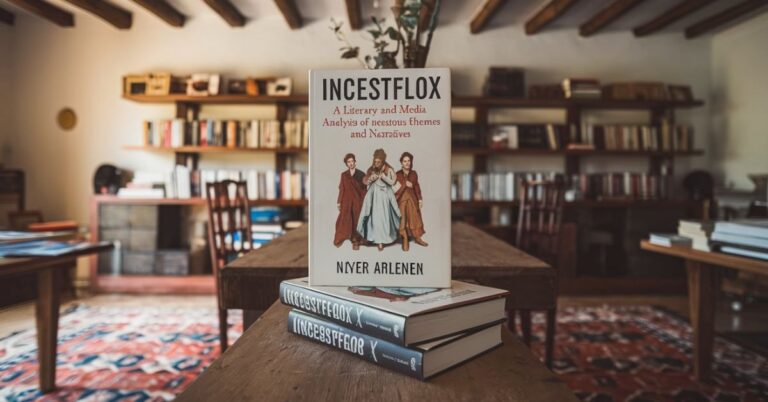”Watchmenontheall calvin” taught me the true meaning of vigilance and responsibility in everyday life. Embracing its principles helped me stay accountable, make better decisions, and foster meaningful connections within my community. It’s not just a philosophy—it’s a transformative way of living that shapes personal growth and ethical leadership.
watchmenontheall calvin” is a guiding framework that blends vigilance, responsibility, and ethical living to inspire meaningful actions. It explores its origins, core principles, and modern relevance, offering practical insights for personal growth and community impact.
Stay tuned with us as we dive deeper into the world of “watchmenontheall calvin.” We’ll explore its principles, practical applications, and how it can inspire meaningful change in your life and community!
Origins of watchmenontheall calvin:
The origins of “watchmenontheall calvin” are rooted in Calvinist theology, a branch of Protestantism founded by John Calvin in the 16th century. This movement was characterized by a strong emphasis on moral discipline, accountability, and the belief that every individual has a role in preserving societal integrity.

Historically, this philosophy emerged during times of political and religious upheaval, offering a roadmap for ethical living amidst challenges. Its foundation lies in the idea that individuals act as “watchmen,” guarding not only their own moral integrity but also contributing to the greater good of their communities.
Also Read:https://www.gimkitjoins.com/naomi-swap-explained-a-quick-guide/
Core Principles of watchmenontheall calvin:
Vigilance as a Guiding Principle:
Vigilance, in the context of “watchmenontheall calvin,” involves constant awareness and preparedness. It emphasizes the importance of staying informed and alert to societal, moral, and personal challenges. Vigilance isn’t about fear—it’s about proactive engagement with the world around us, ensuring readiness to face adversity and seize opportunities for growth.
Responsibility and Ethical Stewardship:
Responsibility forms the backbone of this philosophy. Ethical stewardship refers to the practice of managing resources, relationships, and actions in a manner that upholds justice and fairness. It instills the belief that individuals are custodians of values that must be preserved and passed on to future generations.
How watchmenontheall calvin Impacts Communities:
Promoting Unity Through Shared Values:
Communities thrive when they operate on shared values. “watchmenontheall calvin” acts as a unifying force, bridging gaps between diverse groups by fostering principles like fairness, respect, and accountability. This shared foundation encourages collaboration and trust, leading to stronger, more cohesive communities.

For example, neighborhoods that embrace this philosophy often report increased participation in community service and mutual support, creating an environment where everyone feels valued.
Encouraging Leadership and Service:
Leadership under “watchmenontheall calvin” isn’t about authority; it’s about service. This principle inspires individuals to lead with humility, placing the needs of others before their own. By promoting selfless leadership, it builds trust and encourages others to contribute meaningfully to communal goals.
Practical Applications of watchmenontheall calvin in Daily Life:
Building Awareness and Sensitivity:
One of the practical applications of this philosophy is developing sensitivity toward others’ experiences and perspectives. This involves active listening, empathizing with others, and striving to understand diverse viewpoints. Awareness extends beyond the personal, encouraging individuals to recognize and address societal challenges.
Setting Clear Goals and Maintaining Accountability:
Living by the principles of “watchmenontheall calvin” involves setting realistic and ethical goals. Accountability ensures these goals align with broader moral objectives. For example, professionals can integrate this practice by setting ethical standards in their work and regularly assessing their impact on stakeholders.
Modern Interpretations of watchmenontheall calvin:
Integrating Technology Responsibly:
In today’s fast-paced digital age, technology plays a significant role in our lives. “watchmenontheall calvin” encourages the responsible use of technology, emphasizing privacy, ethical communication, and the promotion of positive social change. For instance, technology can be leveraged to create educational platforms that disseminate these values widely.

Navigating Complex Social Issues:
Modern society faces a myriad of challenges, including inequality, climate change, and mental health crises. The principles of “watchmenontheall calvin” provide a framework for addressing these issues thoughtfully. By adhering to vigilance, responsibility, and ethical stewardship, individuals can contribute to sustainable solutions for complex social problems.
The Legacy of watchmenontheall calvin:
Inspiring Future Generations:
One of the most enduring aspects of “watchmenontheall calvin” is its ability to inspire. By teaching values of vigilance and responsibility, it lays the groundwork for future generations to carry forward these ideals. Schools and community programs that incorporate these principles often report increased student engagement and ethical leadership.
Preserving Values in Changing Times:
As society evolves, so too must its guiding philosophies. “watchmenontheall calvin” adapts to modern challenges while retaining its core values, acting as a moral compass in times of rapid change. This adaptability ensures its principles remain relevant, even in the face of new challenges.
FAQ’s about”watchmenontheall calvin”
1. What is the core philosophy of watchmenontheall calvin?
The philosophy emphasizes vigilance, responsibility, and ethical stewardship, guiding individuals to live purposeful and community-focused lives.
2. How can one integrate watchmenontheall calvin into their daily routine?
You can integrate it by staying aware of societal issues, setting ethical goals, and being accountable for your actions.
3. How does watchmenontheall calvin address modern challenges?
It encourages responsible use of technology and provides a moral framework to navigate complex social issues like inequality and environmental concerns.
4. Why is the concept of stewardship important in this philosophy?
Stewardship emphasizes taking responsibility for resources and values, ensuring they are preserved and passed on to future generations.
5.How does “watchmenontheall calvin” impact daily life?
It helps individuals make thoughtful decisions, stay accountable, and contribute to creating harmonious and ethical communities.
Conclusion
“watchmenontheall calvin” is more than just a philosophy—it’s a holistic guide to living a life rooted in purpose, ethics, and community service. At its core, it emphasizes vigilance, responsibility, and the power of ethical stewardship, encouraging individuals to make decisions that positively impact their surroundings.
By embracing its principles, people can contribute to creating harmonious societies where integrity, accountability, and mutual respect thrive. Its practical applications extend to leadership, daily decision-making, and even navigating modern challenges like technology and social issues. As a timeless framework, “watchmenontheall calvin” continues to inspire both present and future generations to lead with courage, preserve values, and adapt to change while upholding the ideals of unity and service.









+ There are no comments
Add yours